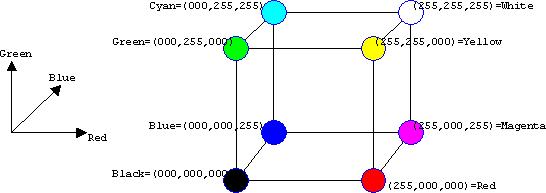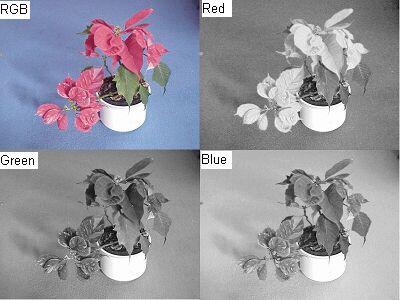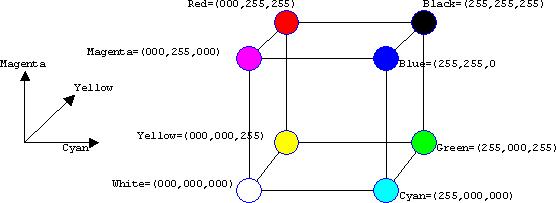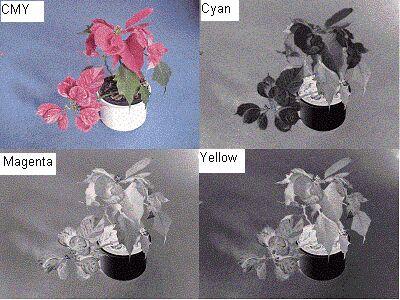Color Coding / Color
Definition(s)
- Color: Color is the perceptual result of light in the visible region of the spectrum, having wavelengths in the region of 400 nm to 700 nm, incident upon the retina.
- Coding:
- In communications systems, the altering of the characteristics of a signal to make the signal more suitable for an intended application, such as optimizing the signal for transmission, improving transmission quality and fidelity, modifying the signal spectrum, increasing the information content, providing error detection and/or correction, and providing data security (Note: A single coding scheme usually does not provide more than one or two specific capabilities. Different codes have different sets of advantages and disadvantages.)
- In communications and computer systems, implementing rules that are used to map the elements of one set onto the elements of another set, usually on a one-to-one basis
- The digital encoding of an analog signal and, conversely, decoding to an analog signal
- Computer programming
- The process of classification of information
http://www.mywiseowl.com/articles/Coding
- Color Coding: The typical human eye can distinguish over 10,000 different colors. We use color everyday to identify, classify and determine the state of objects around us. In addition to natural colors, we use color codes for displaying color on the Computer. That is what Color Coding is used for.
History
Examples for Color Coding
RGB


CMY und CMYK


YIQ and YUV
HLS, HSV, HVC
Bibliography
Back to Gruppe 09